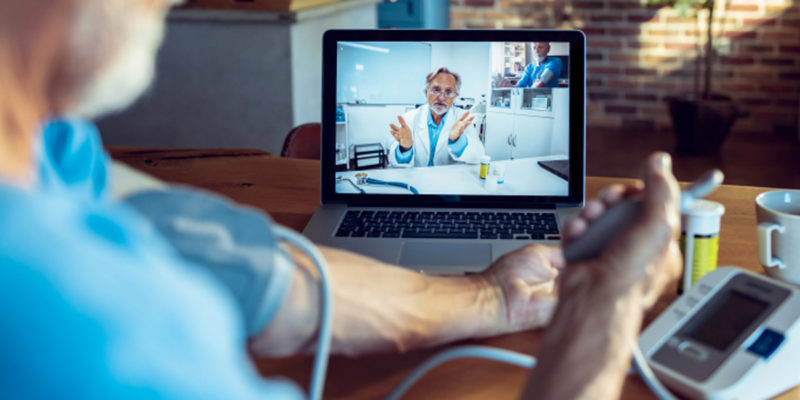Editor’s Note: a guest post by Captain Michael Gore, a nine-year infantry veteran who served as a platoon leader, a platoon trainer, and an executive officer during his service.
This month marked the second anniversary of Mississippi’s first reported case of COVID-19. Over the last two years, health has occupied a substantial portion of our collective consciousness, and we’ve witnessed substantial shifts in how healthcare is delivered. Physicians and nurses have relied upon emerging technologies, such as telehealth, to tackle the new challenges created by the pandemic. And as the pandemic recedes, we must continue investing in these new technologies, especially those that can substantially improve the lives of rural patients.
Here in Mississippi, we understand the challenges that accompany rural life. Nearly 98 percent of land in our state is rural, and well over 50 percent of our population lives in rural communities. Unfortunately, the rural nature of our state contributes to an uneven distribution of healthcare resources, which has a severe impact on the wellbeing of our state’s residents.
Most doctors in Mississippi practice in four major urban areas, and all or part of our state’s 82 counties are considered medically underserved. Rural communities often lack access to medical and mental healthcare because of under-funded and outdated facilities, a shortage of medical professionals, and insufficient supplies.
These gaps in our state’s rural health systems hit veterans especially hard. Nearly 25 percent of America’s veterans call rural communities home, and many are still contending with the wounds, both mental and physical, they sustained during their service. We owe it to our former service members to provide them with adequate healthcare regardless of their location, and we must do more to expand access for veterans who live in these communities.
One way to address this challenge is by continuing to invest in some of the innovative healthcare technologies that have risen to prominence over the past two years. Telehealth is a perfect example of one of these technologies and promises to ensure veterans in remote, underserved communities can still receive the care they need.
Telehealth allows healthcare specialists to care for and monitor their patients virtually, filling gaps in rural healthcare systems by conveniently implementing telehealth stations within rural communities. Through telehealth, Mississippi’s rural veterans could have greater access to healthcare necessities like primary care and mental health in addition to services like nutritional advice and social workers.
Thankfully, support for creating and expanding veteran-focused health programs has been gaining traction at all levels of government. One of these programs, Accessing Telehealth through Local Area Stations (ATLAS), which was created through a partnership between the Department of Veterans Affairs (VA) and Philips, was designed with the sole intent of installing telehealth stations for rural veterans.
Continuing to invest in medical technology and innovative programs like ATLAS, which promise to improve the lives of rural veterans, is a meaningful way for Congress to honor their service. Fortunately, Mississippi has lawmakers like Senator Roger Wicker, who championed the VA’s largest funding increase during his tenure in the House and has fought to improve the quality of healthcare veterans receive during his time in the Senate. I am hopeful that Senator Wicker will continue his efforts and work to bring telehealth programs to Mississippi’s rural veterans.
Advertisement
Advertisement

